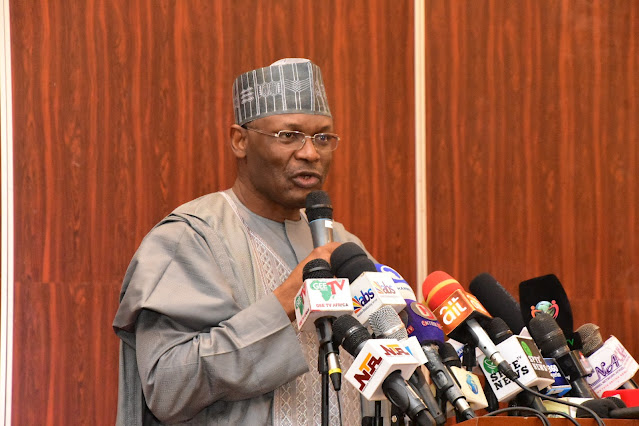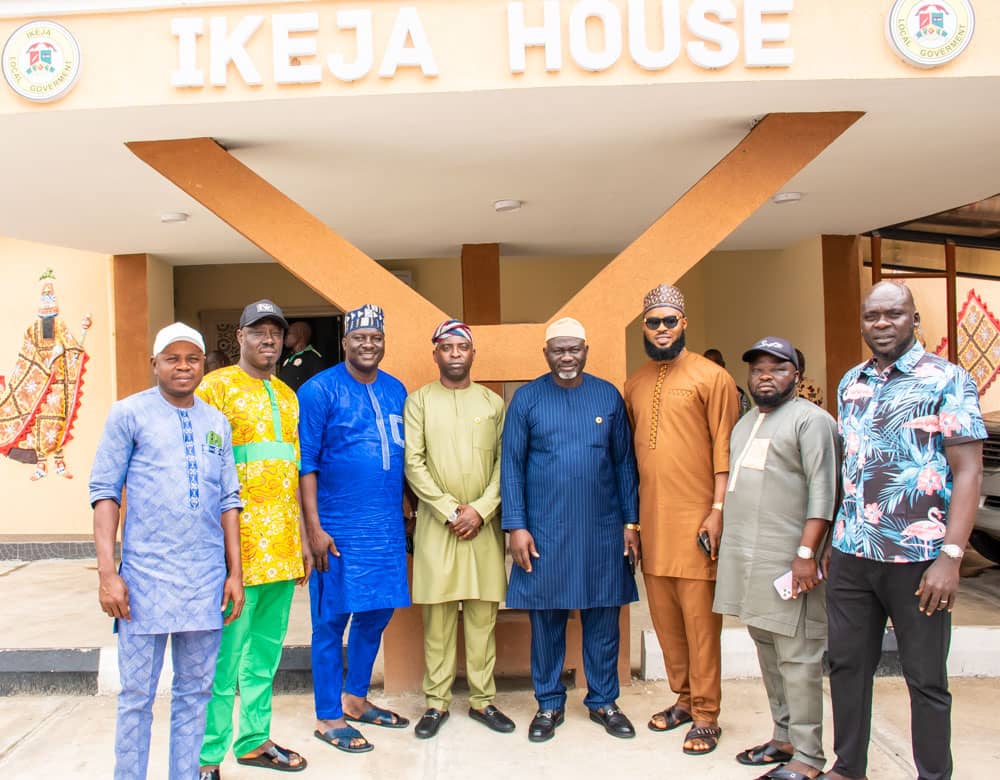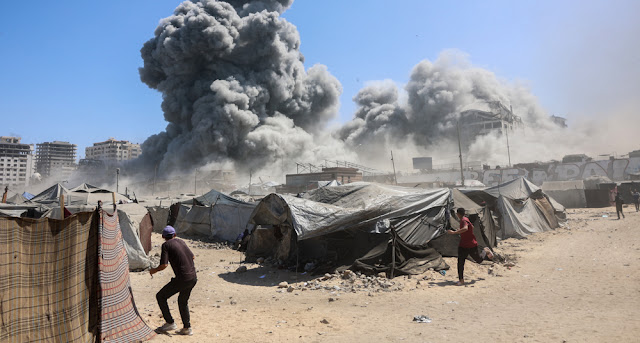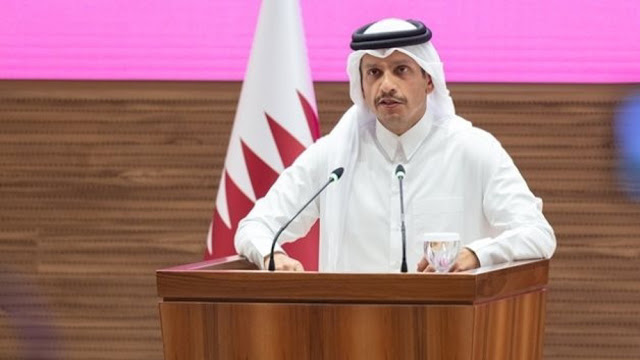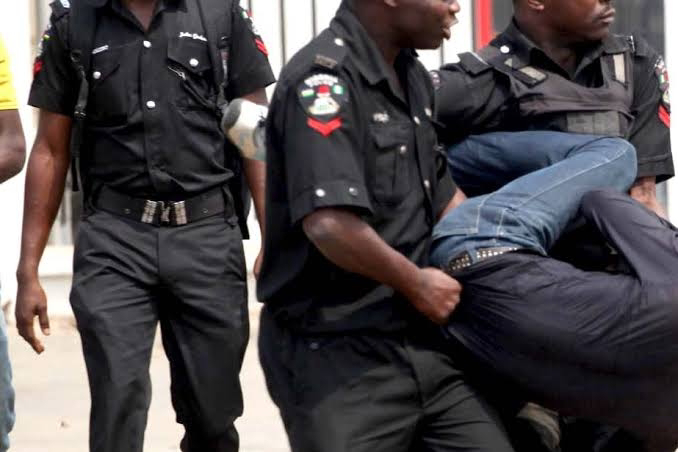In a recent statement that has sparked widespread discussion across Nigeria’s political landscape, the Chairman of the Independent National Electoral Commission (INEC), Professor Mahmood Yakubu, revealed that the commission is legally constrained from imposing sanctions on politicians who have commenced campaigning for the 2027 general election. This disclosure has raised critical questions about the enforcement of electoral laws, the regulation of political activities, and the broader implications for Nigeria’s democratic process as the country prepares for its next major electoral cycle.
Background: The Early Campaign Conundrum
Nigeria’s electoral process is governed by a robust legal framework, primarily the 1999 Constitution (as amended) and the Electoral Act of 2022. These laws outline the rules and timelines for political activities, including campaigns, voter registration, and the conduct of elections. According to Section 94(1) of the Electoral Act, campaigns for presidential and governorship elections are permitted to commence 150 days before the election date and must end 24 hours before polling day. For the 2027 general elections, which are expected to take place in February or March, this means official campaigns should not begin until late 2026.
However, in recent months, political activities across Nigeria have intensified, with several politicians and political groups engaging in what many observers describe as premature campaigning. Billboards promoting potential candidates, political rallies disguised as public events, and social media campaigns touting aspirants’ credentials have become commonplace, particularly in states like Lagos, Kano, Rivers, and Abuja. These activities, while not explicitly labeled as campaigns, often carry the hallmarks of electioneering, including slogans, manifestos, and promises aimed at wooing voters.
Professor Yakubu’s statement came during a press briefing in Abuja, where he addressed concerns raised by civil society organizations and media outlets about the increasing visibility of early campaign activities. He emphasized that while INEC is aware of these developments, its hands are tied due to limitations in the current legal framework. “The Electoral Act is clear on the timelines for campaigns, but the law does not provide INEC with the authority to directly sanction individuals or groups who engage in activities that may be construed as premature campaigning,” Yakubu explained. “This is a gap that requires legislative attention.”
The Legal Framework and Its Limitations
To fully understand INEC’s position, it is essential to examine the provisions of the Electoral Act 2022 and the challenges they pose for enforcement. The Electoral Act defines campaign activities narrowly, focusing on overt actions such as public rallies, advertisements, and media broadcasts that explicitly solicit votes. However, many politicians exploit loopholes by engaging in “soft campaigns,” such as town hall meetings, charity events, or media interviews, which promote their political agendas without directly violating the law.
For instance, a politician may sponsor community projects or host public gatherings under the guise of constituency engagement, subtly positioning themselves as a candidate for the 2027 elections. These activities often fall outside the legal definition of campaigning, making it difficult for INEC to intervene. Furthermore, the Electoral Act does not empower INEC to independently investigate or penalize such activities unless they explicitly contravene the stipulated timelines or other electoral regulations.
Yakubu highlighted that even when INEC identifies potential violations, it lacks the prosecutorial powers to act decisively. “INEC can only refer cases to law enforcement agencies or the courts for further action,” he noted. “However, the burden of proof is high, and the process is often slow, which limits our ability to address these issues in real-time.” This revelation has sparked debates about the adequacy of Nigeria’s electoral laws and the need for reforms to strengthen INEC’s regulatory authority.
Implications for Nigeria’s Democratic Process
The inability of INEC to sanction early campaigning has far-reaching implications for Nigeria’s democracy. Political analysts argue that premature campaigns distort the electoral process by giving undue advantage to well-funded candidates who can afford to sustain prolonged visibility. This creates an uneven playing field, particularly for lesser-known or less financially endowed aspirants who may struggle to compete when official campaigns begin.
Moreover, early campaigning undermines the spirit of the Electoral Act, which seeks to ensure that elections are conducted in an orderly and transparent manner. When politicians begin electioneering years in advance, it can lead to voter fatigue, where citizens become disengaged or apathetic due to the constant barrage of political messaging. This phenomenon was evident in the lead-up to the 2023 elections, where prolonged campaign-like activities contributed to low voter turnout in some regions.
Civil society groups have also expressed concerns about the potential for early campaigns to exacerbate political tensions. Nigeria’s political history is replete with examples of electoral violence and unrest, often fueled by intense rivalries and inflammatory rhetoric. By allowing politicians to engage in unregulated campaign activities, there is a risk of escalating tensions well before the official campaign period, potentially destabilizing the political environment.
Stakeholder Reactions: A Call for Reform
The INEC Chairman’s statement has elicited varied reactions from stakeholders across Nigeria. Political parties, civil society organizations, legal experts, and ordinary citizens have weighed in on the issue, highlighting the need for a comprehensive review of the electoral framework.
The All Progressives Congress (APC), Nigeria’s ruling party, has downplayed concerns about early campaigning, arguing that political engagement is a natural part of democracy. In a statement issued by the party’s National Publicity Secretary, Felix Morka, the APC maintained that “politicians interacting with citizens and sharing their visions for governance should not be misconstrued as campaigning.” The party urged INEC to focus on preparing for a credible election rather than policing legitimate political activities.
In contrast, the People’s Democratic Party (PDP), the main opposition, has called for stricter enforcement of electoral laws. PDP National Chairman, Uche Secondus, accused some politicians of exploiting legal loopholes to gain an unfair advantage. “The Electoral Act must be amended to give INEC the teeth to bite,” Secondus said during a press conference in Port Harcourt. “If we allow this trend to continue, it will erode public confidence in the electoral process.”
Civil society organizations, such as the Transition Monitoring Group (TMG) and the Electoral Reform Network, have echoed the PDP’s call for reform. In a joint statement, the groups urged the National Assembly to expedite amendments to the Electoral Act to address the issue of early campaigning. They also recommended the establishment of a dedicated electoral offenses tribunal to handle violations swiftly and decisively. “The current system, where INEC must rely on external agencies to enforce the law, is inefficient and undermines the commission’s authority,” the statement read.
Legal experts have also weighed in, pointing out that the challenge lies in defining what constitutes a campaign. Professor Itse Sagay, a prominent constitutional lawyer, argued that the Electoral Act needs to be updated to reflect modern political realities, including the influence of social media and digital platforms. “Politicians are increasingly using subtle methods to campaign, such as sponsored posts on X or Instagram, which are difficult to regulate under the current law,” Sagay noted. He suggested that the National Assembly consider broadening the definition of campaign activities to include indirect forms of electioneering.
The Role of Social Media in Early Campaigning
The rise of social media has added a new dimension to the issue of early campaigning. Platforms like X, Facebook, and Instagram have become powerful tools for politicians to reach voters, often bypassing traditional media and regulatory oversight. In recent months, several politicians have launched aggressive online campaigns, sharing videos, policy proposals, and personal achievements to build their brands ahead of 2027.
For example, a prominent governor from the South-South region has been actively promoting his administration’s achievements on X, with posts that subtly hint at his presidential ambitions. Similarly, a former senator from the North-West has been hosting live sessions on social media, discussing national issues and positioning himself as a potential candidate. These activities, while not explicitly labeled as campaigns, have raised eyebrows among observers who see them as calculated efforts to gain voter support.
The challenge for INEC is that social media campaigns are difficult to monitor and regulate. Unlike traditional billboards or rallies, which have clear physical manifestations, online activities are fluid and often anonymous. INEC’s current resources and technological capabilities are limited, making it nearly impossible to track every post or advertisement that may constitute premature campaigning. Yakubu acknowledged this challenge during the press briefing, noting that “the digital space is a new frontier that requires collaboration between INEC, tech companies, and regulatory bodies to address.”
Historical Context: Early Campaigning in Previous Elections
The issue of early campaigning is not new to Nigeria’s electoral system. In the lead-up to the 2019 and 2023 general elections, similar concerns were raised about politicians flouting campaign timelines. In 2018, for instance, the emergence of campaign posters and billboards in several states prompted INEC to issue warnings, but no significant sanctions were imposed due to the same legal constraints Yakubu referenced.
The 2023 elections saw a more pronounced trend of early campaigning, particularly in the presidential race. Some candidates began holding public events and releasing manifestos as early as 2021, prompting accusations of unfair advantage. Despite INEC’s efforts to caution politicians, the lack of enforcement mechanisms meant that these activities continued largely unchecked.
This historical context underscores the urgency of addressing the issue before the 2027 elections. With Nigeria’s political landscape becoming increasingly competitive, the absence of clear regulations on early campaigning could undermine the credibility of the electoral process. Political analysts warn that without reform, the trend of premature electioneering is likely to intensify, further eroding public trust in INEC and the democratic system.
Proposed Solutions: Strengthening INEC’s Authority
To address the challenges posed by early campaigning, several solutions have been proposed by stakeholders. These include:
Amending the Electoral Act: The National Assembly could revise the Electoral Act to expand the definition of campaign activities and grant INEC greater powers to investigate and sanction violations. This could include provisions for fines, disqualification, or other penalties for politicians who engage in premature campaigning.
Establishing an Electoral Offenses Tribunal: A specialized tribunal dedicated to handling electoral violations could streamline the process of addressing infractions, reducing INEC’s reliance on external agencies. Such a tribunal could also handle cases of early campaigning, ensuring swift and fair adjudication.
Enhancing INEC’s Monitoring Capacity: INEC could invest in technology and personnel to better monitor political activities, particularly on social media. Partnerships with tech companies and cybersecurity experts could help track and analyze online campaigns, enabling INEC to identify violations more effectively.
Public Awareness Campaigns: INEC could launch nationwide campaigns to educate voters about the dangers of early campaigning and encourage them to report suspicious activities. This would foster greater public participation in ensuring electoral integrity.
Collaboration with Other Agencies: INEC could work more closely with agencies like the Nigerian Communications Commission (NCC) and the National Broadcasting Commission (NBC) to regulate political advertisements and broadcasts, particularly in the digital space.
The Road to 2027: Challenges and Opportunities
As Nigeria prepares for the 2027 general elections, the issue of early campaigning serves as a reminder of the complexities of managing a democratic process in a diverse and dynamic nation. INEC’s acknowledgment of its limitations is a step toward transparency, but it also underscores the need for systemic reforms to strengthen the electoral system.
The coming years will be critical for Nigeria’s democracy. With the 2027 elections expected to be highly competitive, the stakes are high for all stakeholders—INEC, political parties, civil society, and voters. Addressing the issue of early campaigning will require a collective effort to ensure that the electoral process remains fair, transparent, and credible.
For INEC, the challenge is to balance its regulatory role with the need to respect political freedoms. While politicians have the right to engage with citizens, there must be clear boundaries to prevent the abuse of these freedoms for electoral gain. Strengthening the legal framework, enhancing enforcement mechanisms, and fostering public trust will be key to achieving this balance.
Conclusion
The revelation by INEC Chairman Professor Mahmood Yakubu that the commission is legally constrained from sanctioning early campaigning has sparked a vital conversation about the state of Nigeria’s electoral system. As the 2027 general elections approach, stakeholders must work together to address the gaps in the Electoral Act, enhance INEC’s regulatory powers, and ensure a level playing field for all candidates.
The issue of early campaigning is not just a legal or administrative challenge; it is a test of Nigeria’s commitment to democratic principles. By taking decisive action to regulate political activities, Nigeria can strengthen its democracy and inspire confidence in the electoral process. For now, INEC’s hands may be tied, but the opportunity for reform is within reach, and the time to act is now.


